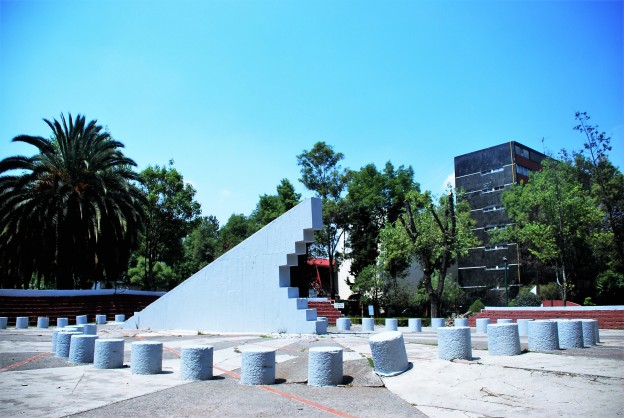As the semester is coming to a close, there are innumerable discussions, experiences, and interpersonal interactions that will forever be in my heart as I finish up my social work degree while preparing to enter the profession. From the moment I stepped off the Delta flight to casually roaming the streets of Cuernavaca, there have been different occasions when I truly felt the feeling of being the “other” or conscientiously feeling profoundly different. However, during these experiences, I also have to admit that I wasn’t fully aware of the physical sensations or emotions in the moment. Thankfully, throughout the program, I have had the opportunity to reflect, analyze, and contextualize some of these experiences in classes, presentations, and discussions. I hope to effectively communicate some of these reflections throughout this blog post. I would also like to say that I am truly thankful for all the presenters, professors, and colleagues who have accompanied me along the way while invaluably contributing to this journey.
One very specific, influential example from my time here is reading Pilar Hernandez – Wolfe’s book, A Borderlands View on Latinos, Latin Americans, and Decolonization: Rethinking Mental Health. We use this book for our Groups & Families Practice course. Hernandez – Wolfe describes many different aspects of one’s identity, marginalization, oppression, and positionality that were quite foreign to me but also became invaluable throughout our time here in Mexico. She really digs into the construction of the “other” and how individuals can confront, influence, or impose it throughout society. I enjoy how she calls out liberal identity politics while delivering a call to action for those who experience different privileges to dismantle or confront the systems that may benefit themselves over others. Additionally, in one of our groups and family class sessions, we visually identified our privileges and non-privileges by using different colored sticky notes on our desk. Many different thoughts, emotions, and physical sensations came out of this activity while considering my own privileges and non-privileges. I was able to contextualize and reflect upon these different scenarios mentioned above while also acknowledging the ways I have inherited many unearned privileges. Thus, I hope to embody Hernandez – Wolfe’s call to action by realizing my own identity and positionality within the context of my future social work practice and as a global citizen to avoid perpetuating colonialism and the construction of the “other.”

Our first day of meeting iHouse students. Together we would organize many meetings and sessions that focus on topics of race, privileges, and identities.
Finally, I do admittedly ask the question where do I go from here or what now? However, I find some comfort in holding all of these experiences, discussions, classes, interactions, and presentations in such a way that they will not only profoundly influence my social work practice but also the individuals I hope to work with in the future. Overall, my time here in Cuernavaca has really reframed identity, positionality, and cultural context to such an extent that will be invaluable moving forward to collaborate across differences with the hope of enacting positive, equitable change.


